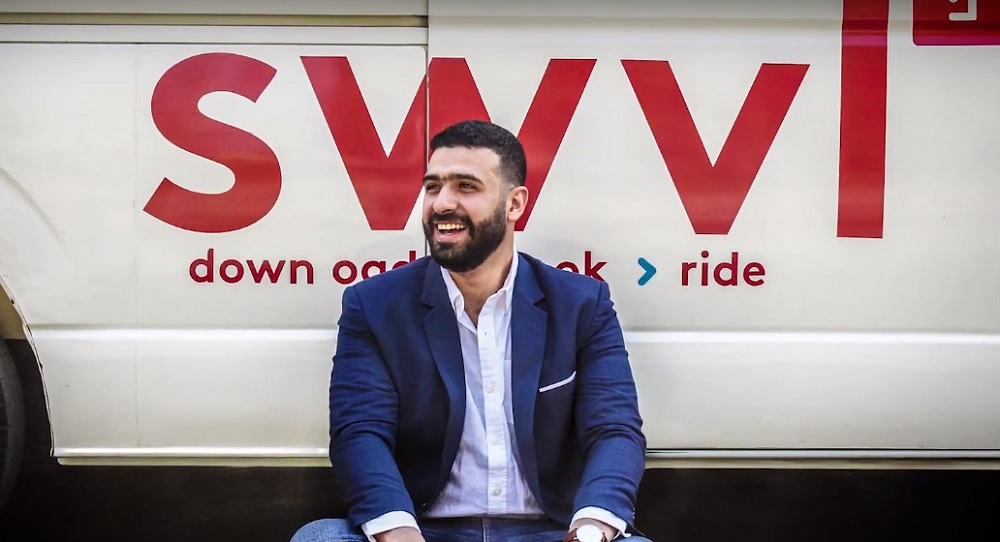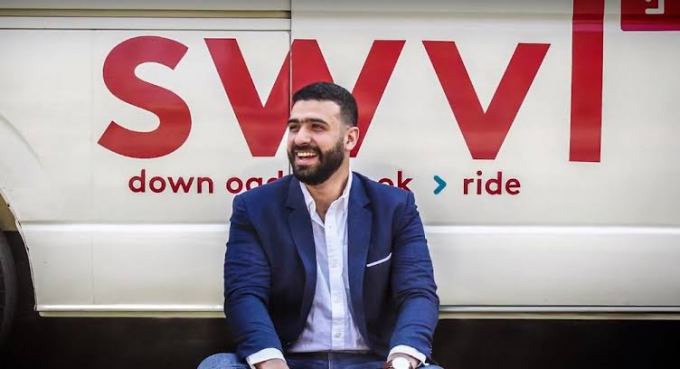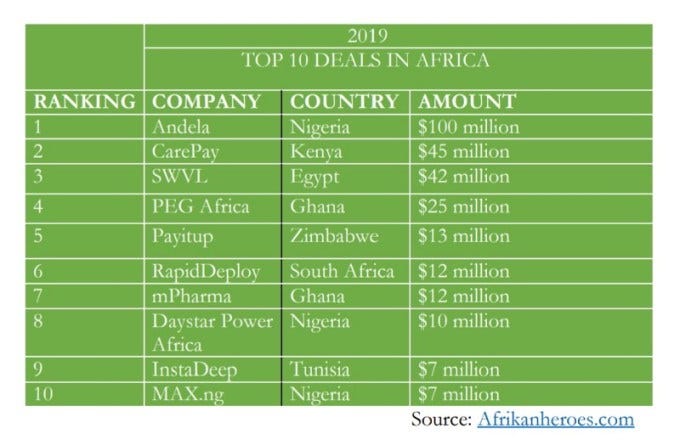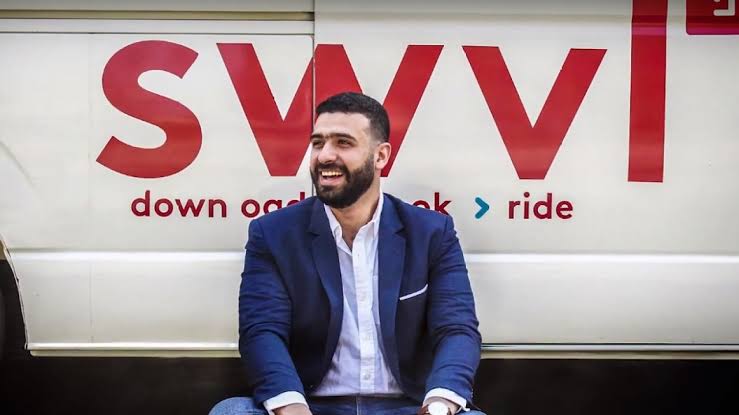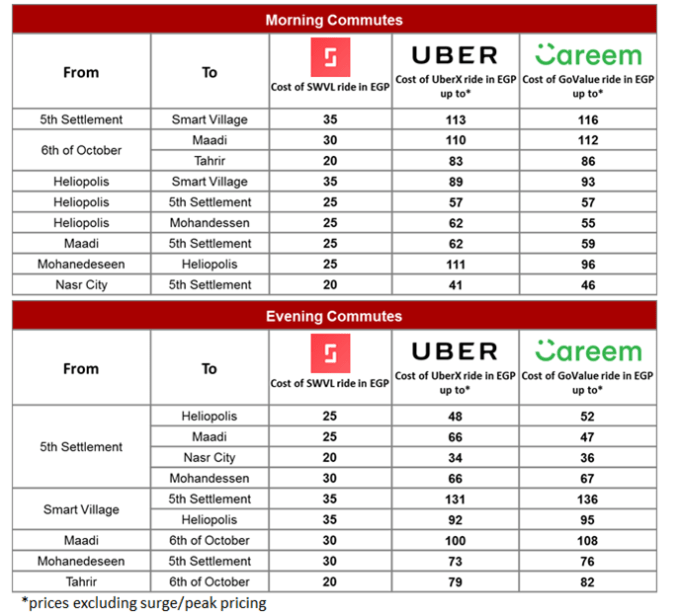Egyptian Bus-hailing Startup, SWVL, Goes Blockchain
Concordium, a leading blockchain technology company, and Swvl, Inc. (“Swvl”), a Egyptian provider of mass transit and shared mobility solutions, have announced a strategic agreement to construct revolutionary next generation mass transport systems for the first time.
“Swvl set out to create the mass transit system of the future, for the cities of the future. Our partnership with Concordium will improve the real-time capabilities of our offerings. We will be even better positioned to capitalize on fast-changing customer demands, resulting in quicker and more flexible commuting experiences,” Mostafa Kandil, Swvl Founder and CEO, said.

Swvl, now based in Dubai with an implied, fully diluted equity value of about $1.5 billion offers a semi-private alternative to public transportation for persons who cannot afford or access private solutions.
Read also:Telecoms Giant Zain Launches New VC Firm, Zain Ventures, Invests In SWVL And Pipe
Swvl announced the signing of a formal agreement for a business combination with Queen’s Gambit Growth Capital (“Queen’s Gambit”) (NASDAQ: GMBT), the first special purpose acquisition company run by women, on July 28, 2021.
Swvl makes transportation safer, more efficient, and ecologically responsible, while also making it accessible and cheap to everybody. Customers schedule rides using an easy-to-use app with a variety of payment choices, and they gain access to high-quality private buses and vans that follow fixed and semi-fixed routes, stations, times, and pricing.
Here Is How The Partnership Will Work
Concordium will provide a blockchain-based technological platform with the goal of improving Swvl’s customers’ mass transit travel experience. The platform is designed to aid in the resolution of the highly complex logistical difficulties inherent in mass transportation, while also boosting Swvl’s efforts toward decarbonization and smart, green mobility.
Read also:South Fintech Firm Callpay Acquired At A Valuation Of Over $6.8m
Concordium’s platform is designed to give the following primary benefits, among others:
- Natural ebbs and flows in consumers’ travel needs may be detected more quickly and accurately, and fed into evolving travel routes via Swvl’s dynamic routing capabilities, making trips faster and less expensive.
- Swvl’s technology enables the development of interactive relationships with its customers through greater driver monitoring and performance tracking, as well as increased efficiency and quality of service — making Swvl trips even safer and more reliable.
- Driver pay can also be better tied to performance, motivating drivers to give the best service possible.
“Mass transit systems are inherently flawed, with inefficiencies that create significant barriers and cause daily commuting to be a struggle. Combining Concordium’s differentiated blockchain technology with Swvl’s cutting-edge mobility platform provides a seamless commuting experience that will change mass transit on a global scale,” Lone Fonss Schroder, Concordium’s chief executive, said.
Swvl blockchain Swvl blockchain
Charles Rapulu Udoh

Charles Rapulu Udoh is a Lagos-based lawyer who has advised startups across Africa on issues such as startup funding (Venture Capital, Debt financing, private equity, angel investing etc), taxation, strategies, etc. He also has special focus on the protection of business or brands’ intellectual property rights ( such as trademark, patent or design) across Africa and other foreign jurisdictions.
He is well versed on issues of ESG (sustainability), media and entertainment law, corporate finance and governance.
He is also an award-winning writer

